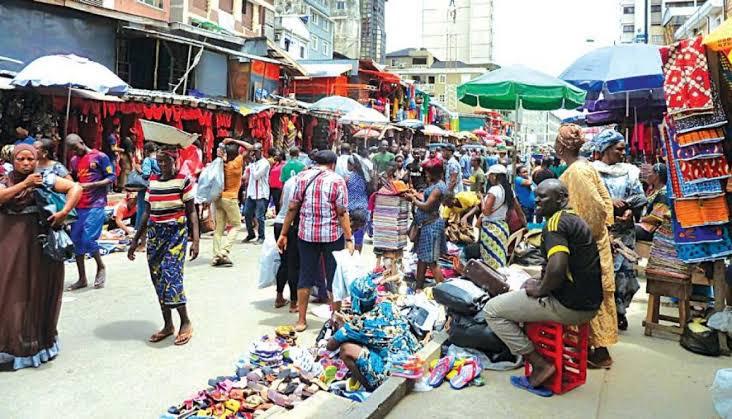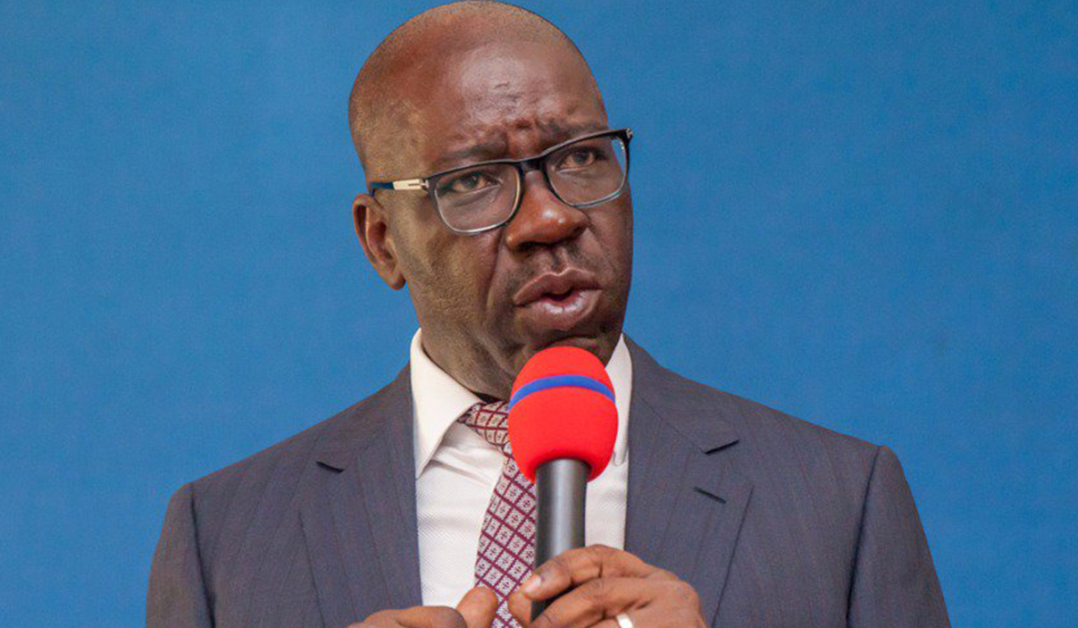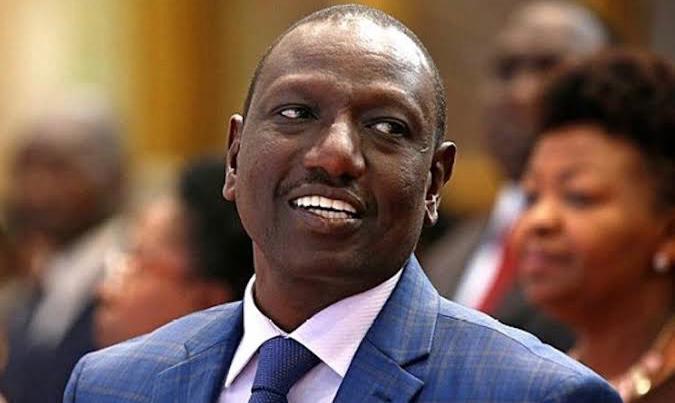LCCI advocates improved funding of Nigeria’s education sector

The Lagos Chamber of Commerce and Industry (LCCI) has advocated the provision of more funds to the nation’s education sector to transform and reposition it for economic growth and development.
Michael Olawale-Cole, president, LCCI, made the call on Wednesday in Lagos at the LCCI Education Group Seminar with the theme: “The Effects of Low Government Funding on Education in Nigeria.”
Mr Olawale-Cole described adequate access to reliable and affordable education as the catalyst for productivity enhancement.
The LCCI chief said Nigeria, and indeed Africa, could only join the league of developed economies if education enjoyed deserved focus and transformation.
He said this was especially with emerging realities in deploying technology for digital learning and artificial intelligence.
Mr Olawale-Cole noted the 50 per cent increase in allocation to the education sector by the President Muhammadu Buhari-led administration, but said it represented less than 10 per cent of the 2022 total budget.
This, Mr Olawale-Cole posited, was far from the 15-20 per cent benchmark recommended by the United Nations Educational Scientific and Cultural Organisation (UNESCO).
He said the private sector also deserved commendation for supporting the nation’s education sector.
The LCCI president spoke on the regular rift between the federal government and the Academic Staff Union of Universities (ASUU) and the frequency of industrial actions by the union.
Mr Olawale-Cole urged governments at both state and federal levels to vote for more resources and attention to education.
He reiterated that Public-Private Partnership remained the best option for tackling national issues on funding, including the prevailing challenges of the nation’s education sector.
Registrar, Teachers Registration Council of Nigeria, Josiah Ajiboye, said the problem with the Nigerian education sector was beyond funding was more management issues and a lack of interest in the sector by the political elite.
Mr Ajiboye stated that from available data, Nigeria had a low budgetary allocation to education at 6.5 per cent in 2016/17 compared to Egypt at 11.10 per cent, Ghana at 13.50 per cent, South Africa at 15 per cent, Lesotho at 19.20 per cent and Kenya at 23.10 per cent.
Chairperson, Education Group, LCCI, Modupe Onabanjo, said the federal government must keep to its promises made at the education summit of 2021 in the United Kingdom.
The chairperson said the government must also carry out close monitoring and maintenance of schools through independent electorate committees.
(NAN)
We have recently deactivated our website's comment provider in favour of other channels of distribution and commentary. We encourage you to join the conversation on our stories via our Facebook, Twitter and other social media pages.
More from Peoples Gazette

Politics
Katsina youths pledge to deliver over 2 million votes to Atiku
“Katsina State is Atiku’s political base because it is his second home.”
![Governor Uba Sani[Credit: Governor Uba Sani X account]](https://gazettengr.com/wp-content/uploads/uba-sani.png)
States
Governor Sani launches N500 million revolving loans scheme for civil servants
He also listed ongoing efforts to attract investments, provide training, and enhance job opportunities for the citizens.

NationWide
Traders union vows to end illegal price fixing, exploitation in Nigerian markets
He said the union would ensure that the right revenue goes into the government purse.

Abuja
May Day: FCT council workers seek improved welfare amid economic challenges
“It has not been easy for us; everything keeps increasing, from food to transportation and other basic needs.”

States
My administration recruited over 5,000 workers in seven years: Gov. Obaseki
He said that the 5,000 workers were recruited based on merit and not on favouritism.

Africa
ECOWAS hails ‘free, fair, credible’ election outcomes in Nigeria, Liberia, Senegal
ECOWAS’ permanent observer to the United Nations spoke on the promise of democratic consolidation in West Africa at the University of Massachusetts’ sixth Africa Day.









